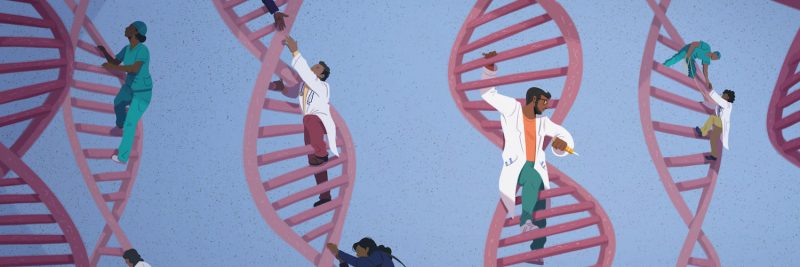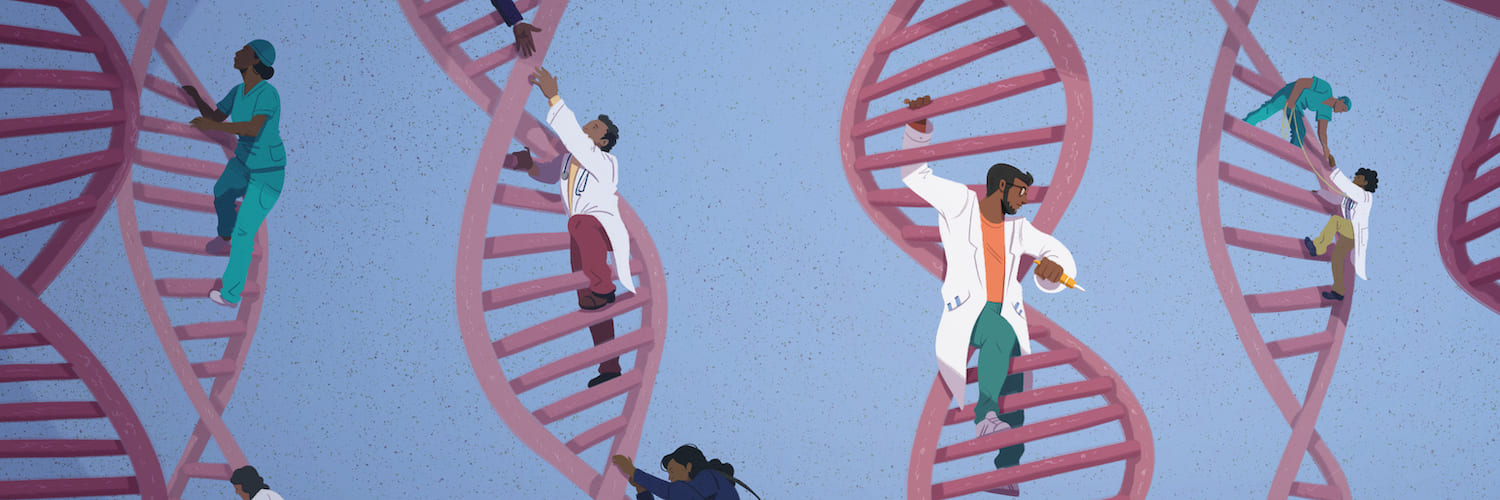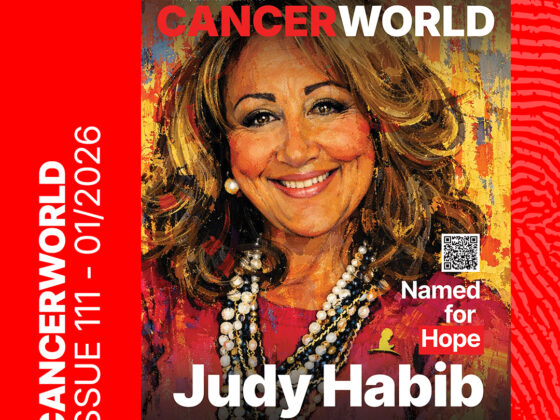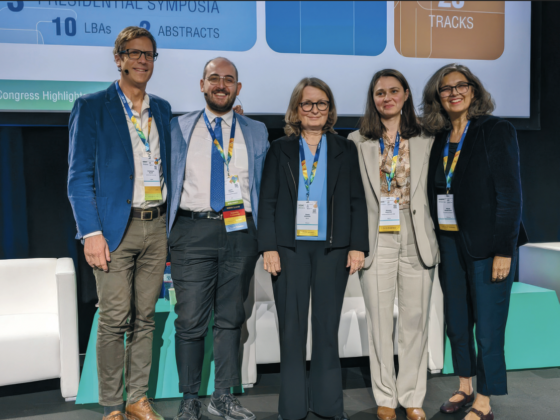A new organisation set up to amplify Black voices and contributions to oncology is making its mark, two years since its foundation. An inaugural London conference in October, supported by Cancer Research UK, included presentations by Black researchers, career talks and discussion about how to build a future where Black people can thrive and become leaders in cancer care, advocacy and research.
A celebration of Black contributions to all aspects of oncology, it was also a networking event for Black scientists, physicians and patient advocates around the world.
For many participants, it was the first time they had attended a professional event centred around Black people.
“Even before the main programme started, we had people coming up to us saying things like ‘Oh my God, I don’t have to code switch at a conference! I can talk about science and still be myself,’” said one of its founders, Henry J. Henderson, a medical liaison officer based in Atlanta, USA.
Black In Cancer was formed in 2020, originally as a social-media-based scheme to amplify Black voices in cancer research. Since its online launch event, the scheme has now evolved into a fully-fledged organisation, run by co-founders Henderson and Sigourney Bonner, a PhD student at the University of Cambridge in the UK.
“The original event was incredibly successful, far beyond anything that we had imagined,” said Bonner, noting that it gained 80 million social media impressions during the week, helped in part by shares from some unlikely sources such as a retweet from MC Hammer.
Its two-day conference this October, held at the Science Museum in London, featured talks from researchers in both industry and academia, as well as patient advocates and speakers from large organisations such as the American Association for Cancer Research and Merck.
“We realised that we could have a bigger impact on the community by having all of these different people within one space,” said Bonner.
Henderson said: “We already knew that this space was needed but having this confirmed from people who were actually there – both Black people and allies who were there to support us – was important.”
Most of the presenters were from the US or UK. The conference included numerous talks from patient advocates as well as one session dedicated to discussing patients being co-creators of research.
In a keynote talk, Ricki Fairley, CEO of Touch, the Black Breast Cancer Alliance, based in the US, talked about her personal experience of metastatic triple negative breast cancer as well as the activities of the organisation.
“It was an amazing gathering of people,” she said. “A lot of very young, brilliant brains. I think, because they are young scientists, they don’t always see the patient and advocacy perspective. It was great to be in that environment and see them responding to all the talks with their brains thinking ‘Okay, what can we do next to cure cancer?’”
Fairley reels off the statistics showing that Black women with breast cancer are disadvantaged at all levels of care and treatment compared to white women. One key focus of her organisation is getting more Black women into clinical trials by explaining the research and trial process to women on their own terms. This peer support approach is clearly working. “We’ve signed 5,000 Black women into clinical trial portals,” she said.
Black in Cancer is running a range of parallel ventures, including programmes providing mentorship, to improve cancer awareness and to increase the number of Black researchers. The organisation also has plans to work with school-age students to encourage budding scientists to work within the cancer space.
“We said right at the beginning, we don’t want to be a flash in the pan,” said Bonner. “We want to expand but we also want to make sure we are a properly supported organisation so we can grow slowly, but effectively.”
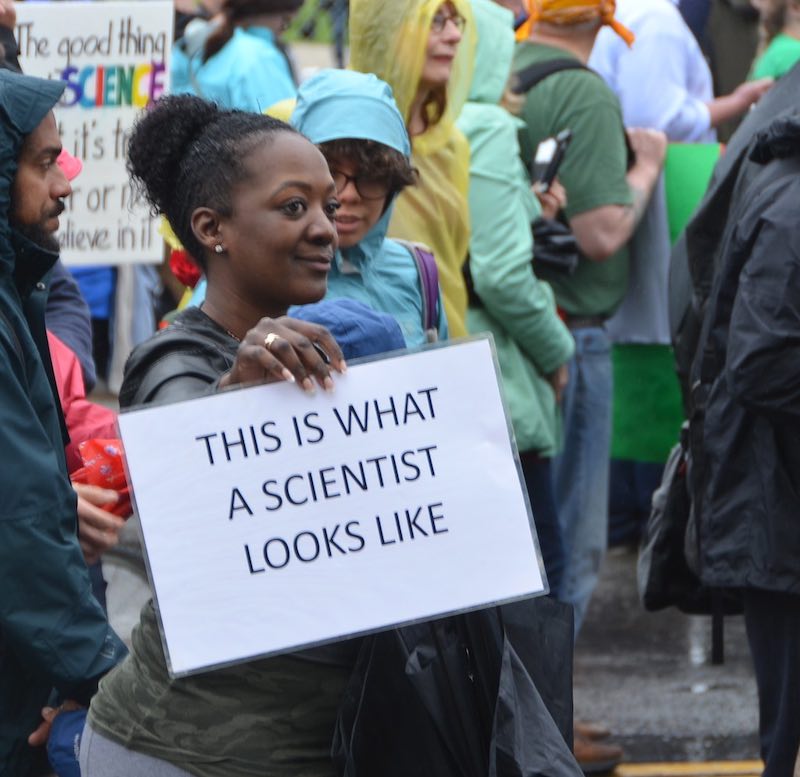
Credit: Adam Fagen ©2020. Republished under a creative commons licence
Illustration by: Maddalena Carrai

